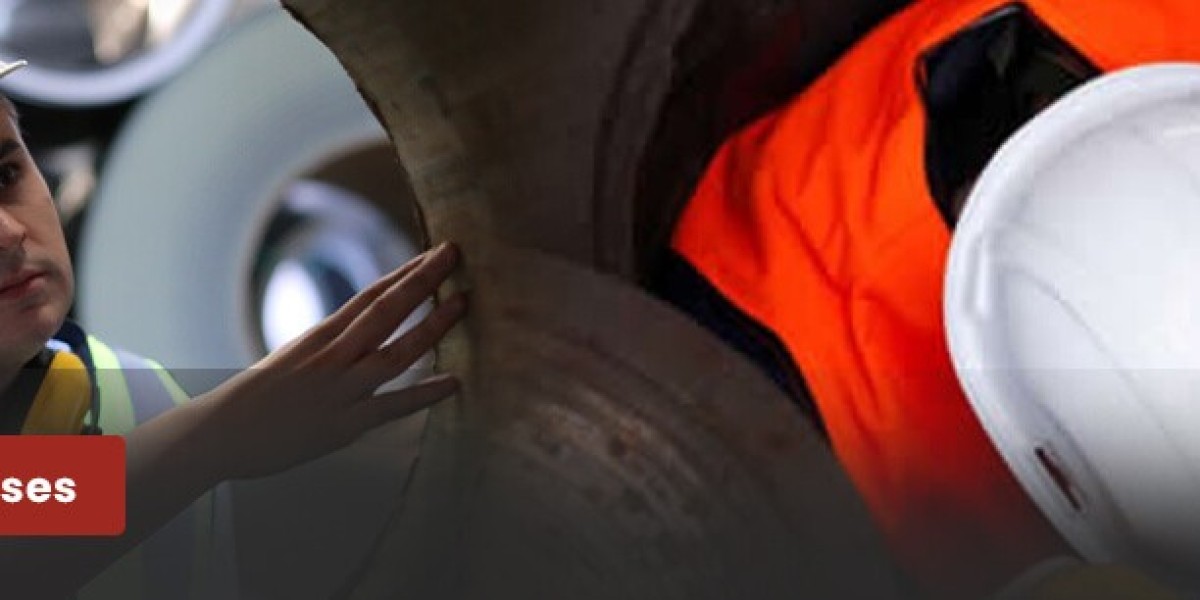Confined spaces present unique challenges and hazards that require specialized training to ensure safety and preparedness. Understanding the levels of confined spaces training and certifications available is essential for employers and employees alike, as the right training level can dramatically reduce risks and increase effectiveness in these environments. This guide explores the stages of confined spaces training, certifications for each level, and the roles each level suits best. Whether you’re new to confined space work or looking to advance your expertise, UTN Training provides top-tier courses to equip you with the skills needed to work safely in confined spaces across the UK.
Understanding Confined Spaces and the Need for Training
Confined spaces are areas that, by design, are not intended for regular occupancy but may require worker entry for inspection, maintenance, or other specialized tasks. These spaces may include tanks, silos, sewers, pipelines, and more. They can contain hazards such as limited oxygen, toxic gases, or risk of entrapment.
Training for confined spaces is crucial as it educates workers on identifying and managing these dangers. With multiple levels available, from basic awareness to advanced rescue, workers can match their training to their specific job requirements.
Levels of Confined Spaces Training
Confined spaces training is typically divided into three main levels: Awareness, Entry, and Rescue. Each level caters to different roles, skills, and safety requirements, from general knowledge to advanced life-saving techniques.
Confined Spaces Awareness Training
Confined Spaces Awareness Training is the foundational level and is ideal for anyone who needs a broad understanding of confined spaces but does not need to enter them.
- Content: This course covers confined space hazards, basic hazard control, and the importance of personal protective equipment (PPE). Participants learn about air quality issues, potential contaminants, and entry risks.
- Who Needs It: It’s designed for supervisors, safety personnel, or employees who work near confined spaces but do not enter them.
- Certification: Awareness training typically provides a certificate of completion, demonstrating foundational knowledge of confined spaces hazards.
Confined Spaces Entry Training
Confined Spaces Entry Training is a more comprehensive program for workers who may need to enter confined spaces for inspection, maintenance, or repairs.
- Content: In addition to hazard identification, this training includes permit-to-work processes, emergency procedures, and safe entry/exit techniques. The course usually involves hands-on practice with PPE and monitoring equipment.
- Who Needs It: This level suits workers who must enter confined spaces as part of their duties, such as maintenance teams, engineers, and certain industrial roles.
- Certification: Entry-level certifications meet legal requirements, making it mandatory for any worker who might enter confined spaces. It may be offered as part of a CITB (Construction Industry Training Board) or IOSH (Institution of Occupational Safety and Health) program.
Confined Spaces Rescue Training
Confined Spaces Rescue Training is an advanced course designed for individuals responsible for emergency response in confined spaces. This level requires both theoretical and practical training to prepare responders for a variety of potential rescue situations.
- Content: Rescue training includes first aid, the use of self-contained breathing apparatus (SCBA), harnesses, and emergency extraction techniques. Participants learn how to perform rescue missions safely while minimizing risks to themselves and others.
- Who Needs It: Rescue teams, firefighters, emergency response personnel, and any workers designated as confined space rescuers should complete this training.
- Certification: Certified rescue training meets legal standards for confined space rescue. UTN Training provides both theoretical knowledge and realistic scenarios to ensure that learners are fully prepared for emergencies.
Benefits of Confined Spaces Training
Completing confined spaces training brings multiple benefits, both to individual workers and organizations as a whole:
- Enhanced Safety: Proper training reduces the likelihood of incidents and accidents.
- Regulatory Compliance: Many industries require confined spaces certifications by law.
- Increased Confidence: Workers are more prepared and comfortable working in confined spaces.
- Preparedness for Emergencies: Advanced training helps teams react quickly to emergencies, saving lives and minimizing injuries.
UTN Training: Leading Provider of Confined Spaces Training in the UK
When it comes to high-quality, trusted training, UTN Training stands out as a top provider of confined spaces training in the UK. With a reputation for excellence in powered access and health and safety training, UTN Training delivers courses accredited by leading bodies such as CITB, IOSH, and IPAF.
Our confined spaces training covers all levels, from Awareness to Rescue, allowing participants to build essential skills for any role involving confined spaces. At UTN, experienced trainers use real-world examples and industry-standard equipment to ensure each trainee gains both the knowledge and practical skills necessary for confined space work.
Our programs are designed to meet the unique requirements of industries that require confined space entry, providing you with peace of mind and the highest safety standards.
FAQs
What is confined spaces training?
Confined spaces training prepares workers to identify, manage, and respond to hazards associated with confined spaces. It includes various levels, from awareness training for general knowledge to advanced rescue training for emergency responders.
Where can I find confined spaces training near me?
UTN Training offers confined spaces training across the UK, including in London and other major cities. Our courses are accessible and designed to meet the needs of local and national industries.
Is confined space training available online?
While awareness-level training may be available online, hands-on levels such as Entry and Rescue require in-person attendance to cover practical skills and equipment use.
Who needs confined spaces rescue training?
Rescue training is essential for workers responsible for emergency response in confined spaces. This includes emergency teams, firefighters, and industrial rescue personnel.
What certification is required to enter a confined space?
Entry certification is required for anyone entering confined spaces, as it covers essential safety protocols and hazard management techniques necessary for safe work.
What is the best provider for confined spaces training in the UK?
UTN Training is a leading provider, offering comprehensive confined spaces courses backed by industry accreditation and a proven track record in health and safety training.
Conclusion
Confined spaces training is essential for anyone who works in or near confined spaces. With the right training, workers can navigate these hazardous environments safely and efficiently. From Awareness to Entry and Rescue, each level builds critical skills suited to specific roles. At UTN Training, we offer complete confined spaces training designed to meet industry standards and ensure compliance with UK safety regulations.
Whether you need a refresher on the basics or advanced rescue training, UTN Training has the course to meet your needs. Take the next step in safety and expertise—enroll in one of UTN Training’s programs today to become confident and compliant in confined spaces.










